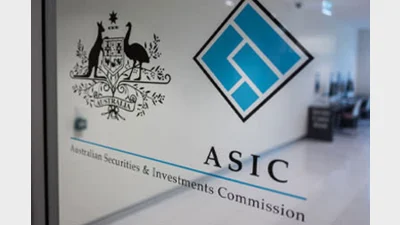Has FASEA undermined the limited licensing regime?



The Financial Adviser Standards and Ethics Authority (FASEA) regime appears to still not accommodate those using the limited licensing regime such as accountants or those giving advice in a narrow range of areas, according to wealthdigital technical manager, Rob Lavery.
He said he believed the outline provided by FASEA had provided little help those providing SMSF advice under limited licenses.
“Nothing in FASEA’s approach to the higher education requirements, adviser exam or CPD framework suggests the workload will be tailored to the adviser’s authorised areas of advice, or limited scope of advice,” Lavery said.
“The one detailed policy released by FASEA last week seems to confirm this concern. FASEA issued a draft legislative instrument on the professional year that will make it a requirement for all new advisers who join the industry from January 1, 2019.”
However he claimed the requirements under the draft instrument would lock out all but the most persistent of professionals looking to add financial advice to their suite of client services.
Lavery said he believed that professionals with an existing practice and client base, such as accountants, would struggle to meet the requirements of the professional year.
“The requirement to undertake 1500 hours-worth of supervised work, as well as 100 hours of formal training, will be too much for most professionals, and their licensees, to invest in,” he said. “Administratively, the professional year is an arduous process. From the planning to the execution and documentation, it requires a large commitment.”
“The professional year will likely see a de facto cap put on the number of accountants working under limited AFS licenses. This, in turn, will limit the options Australians have when seeking advice, particularly as it pertains to their superannuation and retirement.”
Lavery said he believed the outcome was not the intent of the original reforms.
“Ultimately, those providing advice under limited AFS licences have not been identified as a major source of poor advice or consumer loss,” he said. “To render the limited licensing regime invalid through over-regulation is an effect that needs to be reconsidered.”
Recommended for you
ASIC has issued infringement notices to two AFSLs over financial advisers providing personal advice while they were unregistered.
Australian retirees could increase their projected annual incomes by as much as 51 per cent through comprehensive financial advice, according to a Vanguard study, but cost continues to be an issue.
AMP has announced a senior appointment to its North leadership team, reinforcing the firm’s commitment to the advice industry.
Despite the financial adviser exam being rooted in ethics, two professional year advisers believe the lack of support and transparency from the regulator around the exam is unethical.












